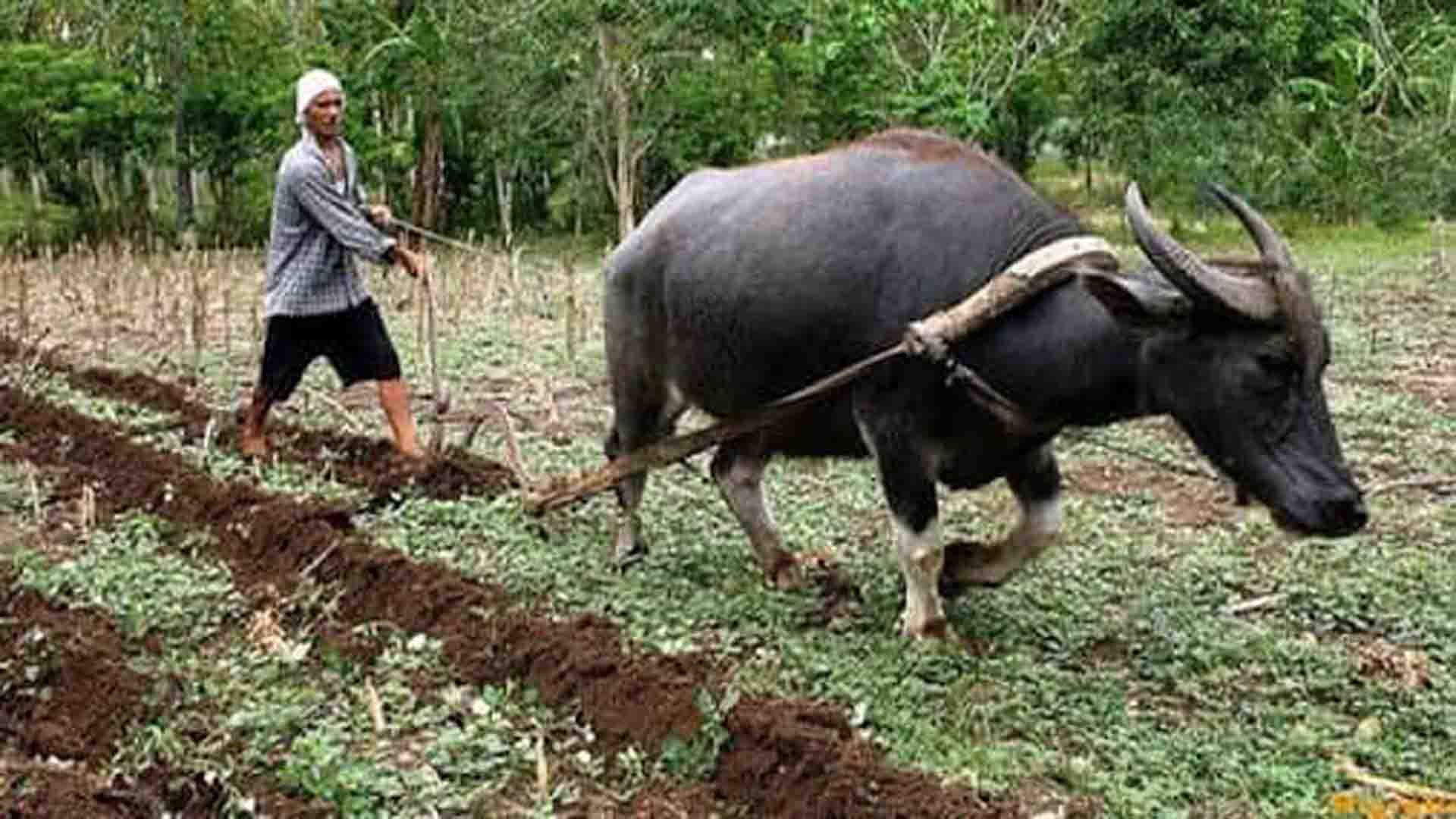336 total views
Homily for Wednesday of the 16th Week in Ordinary Time, 20 July 2022, Mt 13:1-9
I remember an old farmer reacting to this parable in todays’s Gospel. He said, “The sower in the story is not a good farmer. If he were a good farmer, he would not have allowed some seeds to fall on the footpaths, or on rocky ground, or on soil full of weeds. A good farmer will not just throw his seeds everywhere. He begins by preparing the ground first! The sowing comes last. You see, if you do not prepare the soil well, you will just end up wasting the precious seeds.
First, you irrigate the soil to soften it a bit. Then you can do the plowing and the weeding. Later you can do the fertilizing. Only then can you start planting the seeds. That way they have greater chances of bearing fruit and yielding a good harvest.
And how do we apply this parable to the work of evangelizing or proclaiming the good news of the kingdom of God productively? Well, you don’t start the mission by immediately preaching the Word. Your audience might not even be “disposed” yet to receive God’s Word. In another passage, Jesus said to his disciples, “You don’t throw pearls to the swine.” Obvious ba? They don’t know what pearls are worth.
The missionaries started with very basic things: learning the language and the culture, immersing themselves, building good will, identifying key personalities in the community, motivating, dealing with the basic concerns and social issues of a community, etc.
In the context of modern chemical-dependent agriculture, the harvest can be abundant, but the produce can be unhealthy and its effects on nature can be very destructive and unsustainable. That’s the problem with consumer-driven mass production of agricultural products in modern farming. The focus is on the volume and quantity of the produce than its quality. Obviously it is because they are only after big profits. They do not mind using artificial herbicides to get rid of weeds, toxic pesticides to get rid of pests, and chemical fertilizers, etc.
All these add-ons increase the cost of production and also the price of the produce. The harvest is abundant but very hazardous to nature. The process abuses the environment, it kills all insects including helpful ones. Not all of them are pests. Some are there precisely to keep an ecological balance. And the overuse of chemical fertilizer destroys the natural fertility of the soil. The soil becomes, as it were, addicted to the chemicals.
And how do we aply this analogy again to the work of evangelization? When we are too focused on methods and strategies, on plans and techniques, we may end up with a business enterprise or a Church managed like a successful NGO or corporation but not as a community of disciples in mission. The agenda is no longer the kingdom of God.
This is the problem with preoccupation with instant success. In the past, there have been instances when missionaries were also tempted to play politics in order to achieve quick results. Some allied themselves with the elite patrons, colonizers and political powerbrokers in order to succeed with their projects. But the faith that is generated is very shallow. The Church becomes beholden to the rich and powerful. She cannot even make a moral stand on social issues. This is the tragedy that goes with a lack rootedness in the Word of God.
You don’t build a parish by asking a corrupt billionaire to donate a lot and all the funds needed to build a state of the art parish building complete with facilities, without involving the community as fellow stakeholders, least of all, the poor. They will never see themselves as the parish; the parish becomes the building. Because it was built with funds totally outsourced, there is no sense of ownership.
I used to wonder why Jesus immediately likened the work of evangelizing as HARVESTING. Remember that passage where he said, “The harvest is rich but the laborers are few?” Is it possible that the Lord is inviting us only for the harvesting because he is presupposing that only those seeds that he himself had planted are worth harvesting?
This reminds me of the Psalm that says, “If the Lord does not build the house, then in vain do the builders labor.” We can restate that and apply the thought to farming. “If the Lord has not planted the seeds, then in vain do the harvesters labor.”


















